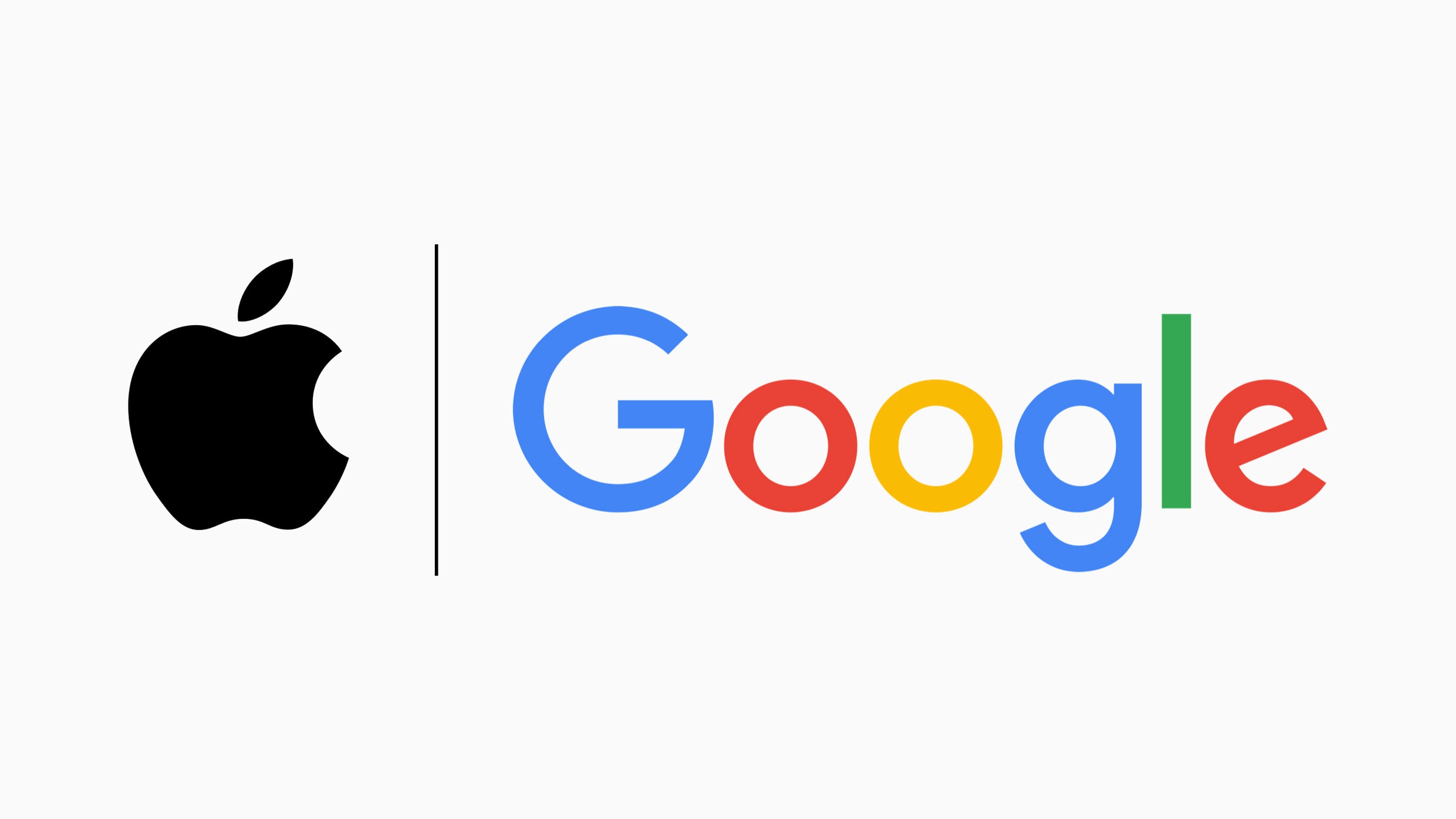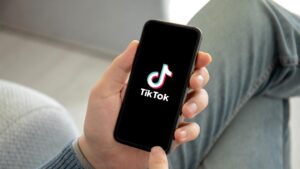A judge in Washington stated on Tuesday that Google will not need to sell its Chrome browser, providing a rare victory for Big Tech against U.S. antitrust regulators, but directing Google to share data with competitors to enhance competition in online search.
Shares of Google parent Alphabet (GOOGL.O) rose 7.2% in after-hours trading on Tuesday as investors celebrated the judge’s decision, which permits Google to continue its profitable payments to Apple (AAPL.O) that antitrust regulators claimed sidelined competing search engines. Apple’s stock increased by 3%.
Understand the most recent ESG trends impacting businesses and governments through the Reuters Sustainable Switch newsletter. Register here.
U.S. District Judge Amit Mehta additionally determined that Google could retain its Android operating system, which, along with Chrome, propels Google’s leading online advertising enterprise.
The decision stems from a five-year legal struggle involving one of the globe’s most lucrative firms and the U.S., where antitrust officials and legislators have persistently scrutinized Big Tech’s marketplace power. Mehta determined last year that Google possesses an unlawful monopoly in online search and associated advertising.
However, the judge took on the task of applying remedies to Google with “humility,” he noted, highlighting the competition generated by artificial intelligence firms since the case was initiated.
“Here the court is requested to peer into a crystal ball and foresee the future.” “Not really a strength of a judge,” Mehta stated.
Sharing data with competitors will enhance rivals to Google’s advertising sector, but retaining Chrome and Android alleviates a significant worry for investors who see them as crucial components of Google’s overall operations.
Google encounters a significant challenge from the rising popularity of AI tools, such as OpenAI’s widely-used ChatGPT chatbot, which are starting to undermine Google’s supremacy. If permitted to access the data Google must provide, AI firms could enhance their creation of chatbots and, in some instances, AI-powered search engines and web browsers.
“The influx of capital into this sector, and the speed at which it has come, is remarkable,” Mehta stated, mentioning that AI firms are now more equipped to rival Google than any search engine creators have been in years.
Deepak Mathivanan, an analyst at Cantor Fitzgerald, stated that the data-sharing mandates present a competitive threat to Google, though not immediately.
“It will require an extended duration for consumers to fully accept these new experiences,” he stated.
U.S. antitrust regulators are weighing their forthcoming actions, Assistant Attorney General Gail Slater noted on X.
In a blog post, Google expressed concerns that data sharing “could affect our users and their privacy, and we are closely examining the decision.”
Google has stated earlier that it intends to appeal, implying it might take years before the company must comply with the decision. The matter is expected to reach the Supreme Court.
“Judge Mehta understands that the case will likely end up in the Supreme Court, and he has selected remedies that are quite likely to be accepted by the Court,” stated William Kovacic, head of the competition law center at George Washington University.
MILLIONS IN TRANSACTIONS
The decision was a comfort for Apple and other manufacturers of devices and web browsers, as Mehta indicated that they can keep earning advertising revenue-sharing payments from Google for searches conducted on their platforms. Morgan Stanley analysts reported last year that Apple receives $20 billion each year from Google.
Mehta stated that prohibiting the payments is even less essential due to the growth of AI, as products like OpenAI’s ChatGPT “endanger the dominance of conventional internet search.”
The decision also facilitated device manufacturers and others who set Google search as their default to install apps developed by Google’s competitors, by prohibiting Google from engaging in exclusive agreements.
Google had suggested relaxing those agreements, and its latest contracts with device manufacturers Samsung Electronics (005930.KS), opens new tab and Motorola, along with wireless carriers AT&T and Verizon, enable them to incorporate competing search options.





